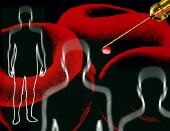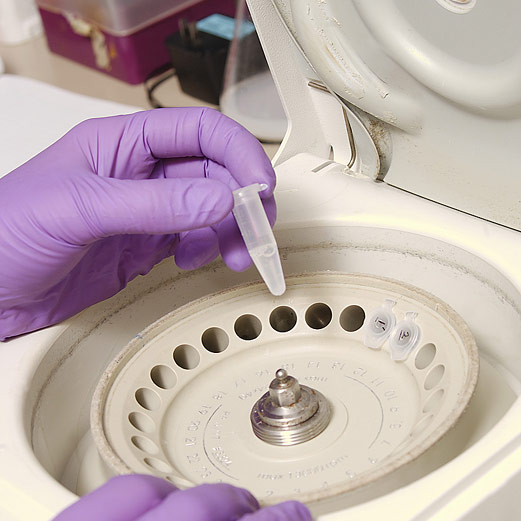
THURSDAY, Dec. 24 (HealthDay News) — Researchers say they’ve stimulated the growth of blood vessels by using artificial polymers — a process that could lead to improvements in regenerative medicine, which aims to help damaged body tissue heal itself and create new tissue.
The polymers, known as hydrogels, work well with animal tissue and “are a promising therapeutic delivery vehicle to improve treatment of peripheral artery disease, ischemic heart disease and survival of cell and tissue transplants,” lead researcher Andres Garcia, a professor at the Georgia Institute of Technology, said in a news release from the school.
A report on the research was published online Dec. 21 in the Proceedings of the National Academy of Sciences.
The researchers tested their approach in mice that had restricted blood flow in one leg. After a week, blood flow to the leg had improved by 50 percent and to the foot by 100 percent. This was better than other treatments, the researchers reported.
New studies are examining whether the hydrogels could be used to treat peripheral artery disease, ischemic heart disease and diabetes.
More information
The U.S. National Institutes of Health has more on regenerative medicine.

